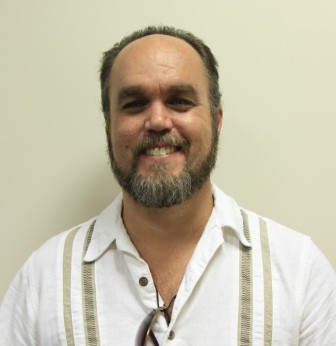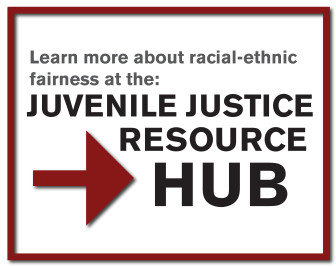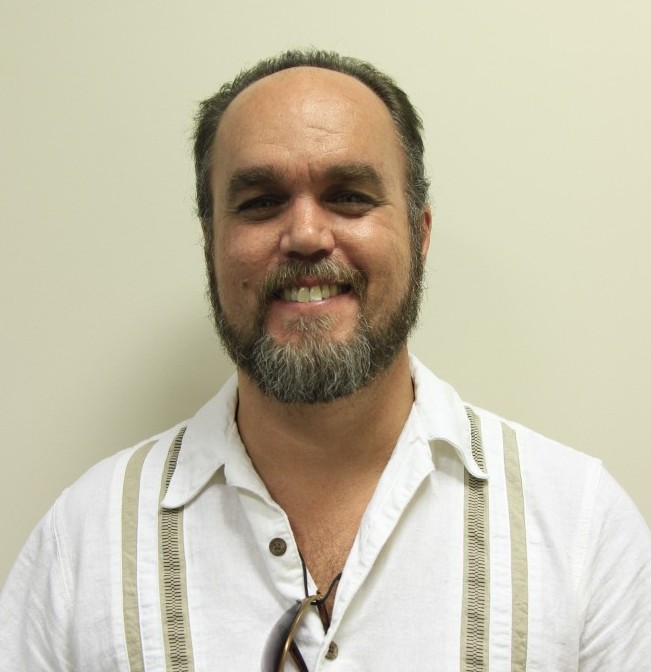 “Progress, far from consisting of change, depends on retentiveness. ...Those who cannot remember the past are condemned to repeat it.”
“Progress, far from consisting of change, depends on retentiveness. ...Those who cannot remember the past are condemned to repeat it.”
I was reminded of this oft paraphrased Santayana quote Wednesday evening at the Morton Theatre in Athens, Ga. I was there to see “Neshoba,” a film that explores the history and ongoing impact of one of America’s most heinous crimes and to hear a panel including the film’s director and the sister of James Chaney, one of three civil rights workers murdered in Neshoba County, Miss. in the summer of 1964.
Chaney, along with Andrew Goodman and Michael Schwerner, was working to register black voters in the heart of the fight for civil rights. The film explores not only the events and cultural milieu of 1964, but also the efforts of some Neshoba residents to see the murderers brought to trial. It wasn’t until 2005 that the state indicted and convicted one of the men, and even then he was found guilty of the lesser charge of manslaughter.
The point of the movie, as explained by Micki Dickoff, was to spur conversations about race and justice and the thinking that lies behind a society that could go four decades without an indictment of the killers, who were known and admired by many whites of the area.
 Afterwards audience members shared stories of their own, linking ongoing conditions in society to the same kind of thinking that led to the murder and the state sponsored cover up. One woman, a professor from California, said it’s hard to teach kids if you don’t love them, and that often black children aren’t loved but instead seen as an enemy.
Afterwards audience members shared stories of their own, linking ongoing conditions in society to the same kind of thinking that led to the murder and the state sponsored cover up. One woman, a professor from California, said it’s hard to teach kids if you don’t love them, and that often black children aren’t loved but instead seen as an enemy.
Thursday morning I spent a few hours talking to another group, teachers who have been studying how to teach difficult topics to kids, with a focus on the Holocaust and civil rights in the U.S. I didn’t have to explain much to them about the school to prison pipeline, disproportionate minority discipline or how kids with behavioral disabilities are five times as likely to end up in youth prison. They live with this reality every time they go to work.
One teacher shared that kids wearing saggy pants were sometimes told, “You look ignorant,” or, “Your hair makes you look like a slave.” These kinds of insults clearly have a racial bias. Young white women have been shown to increasingly dehumanize black kids as the kids get older.
We discussed implicit bias and the ways in which racism has shifted. It was clear to them that the rules (and sometimes officials) targeted children of color, setting up a cascade of consequences for the child.
The connection for me is remembering that even though certain manifestations of racism have decreased, the same power structures remain in place, and the consequences for minority youth remain a threat to their ability to thrive. Klansmen are generally despised now, as is open hate filled racism, but things are far from fair. Take a listen to Lee Atwater’s explanation of the GOP’s southern strategy as an example. (Warning: offensive language.) Recall that no democratic president has won a majority of the white male vote since Lyndon Johnson. This most privileged group of Americans is voting its interests, of course, but it is a powerful statement of the ongoing challenges of a democracy that seeks to grow ever more inclusive.
The challenge is to keep having these difficult conversations. As one of the panelists said at the screening, without opening the wound it will never heal. We can work on laws and policies and best practices, but ultimately it is looking within ourselves and sharing with those who are different than us that will make a difference. These truths, though painful at times, will let us see that “others” aren’t so different after all.

